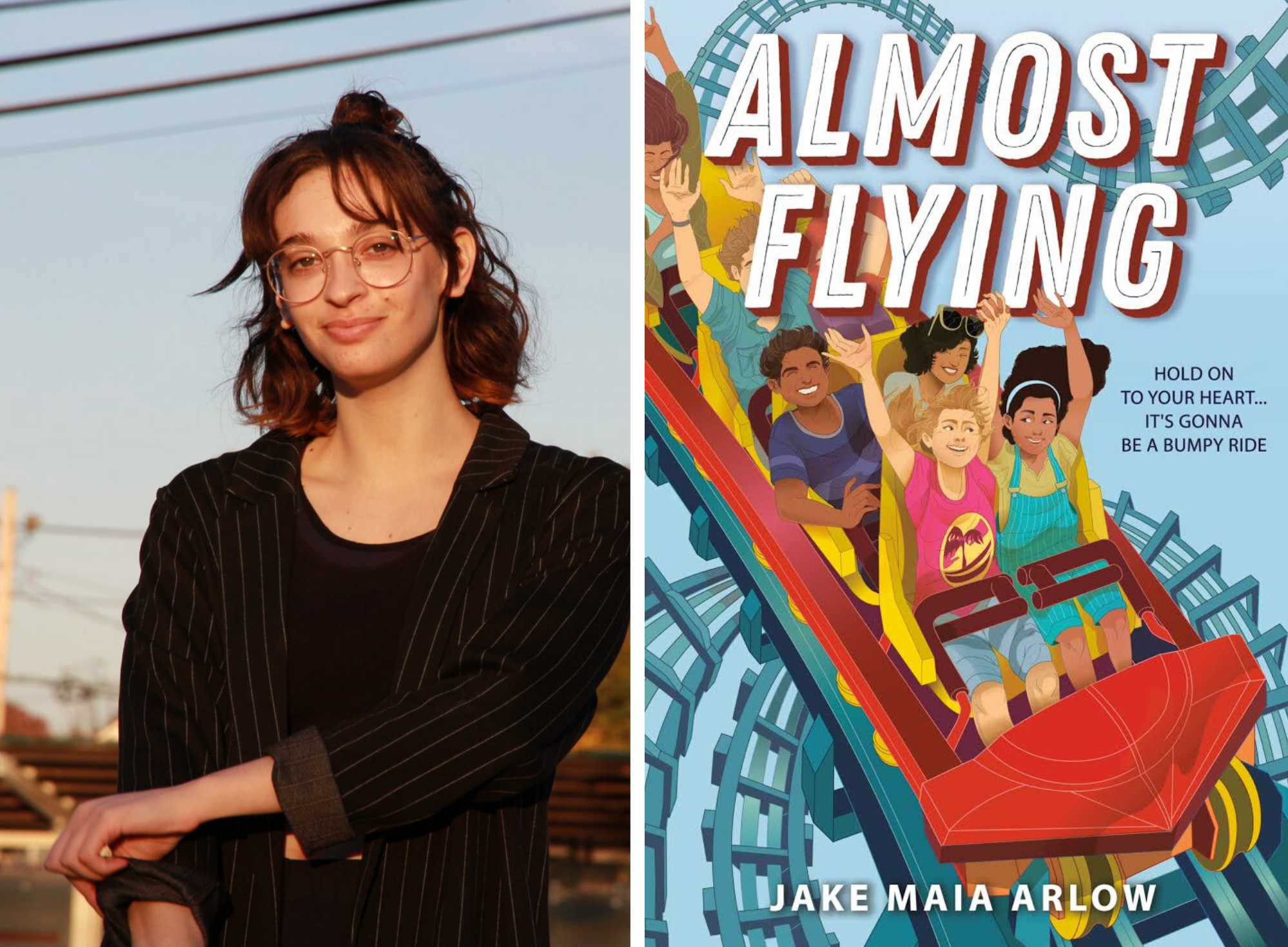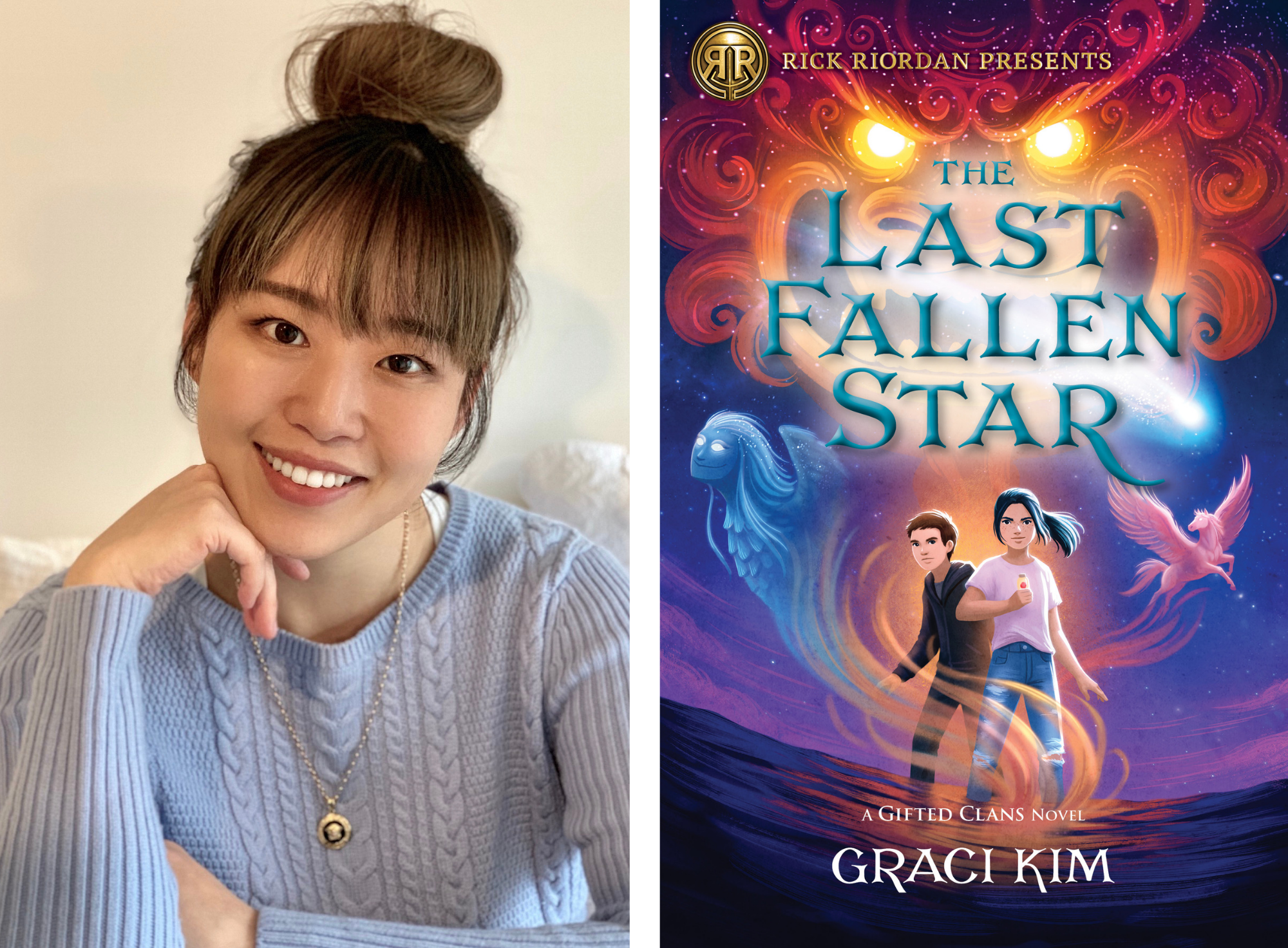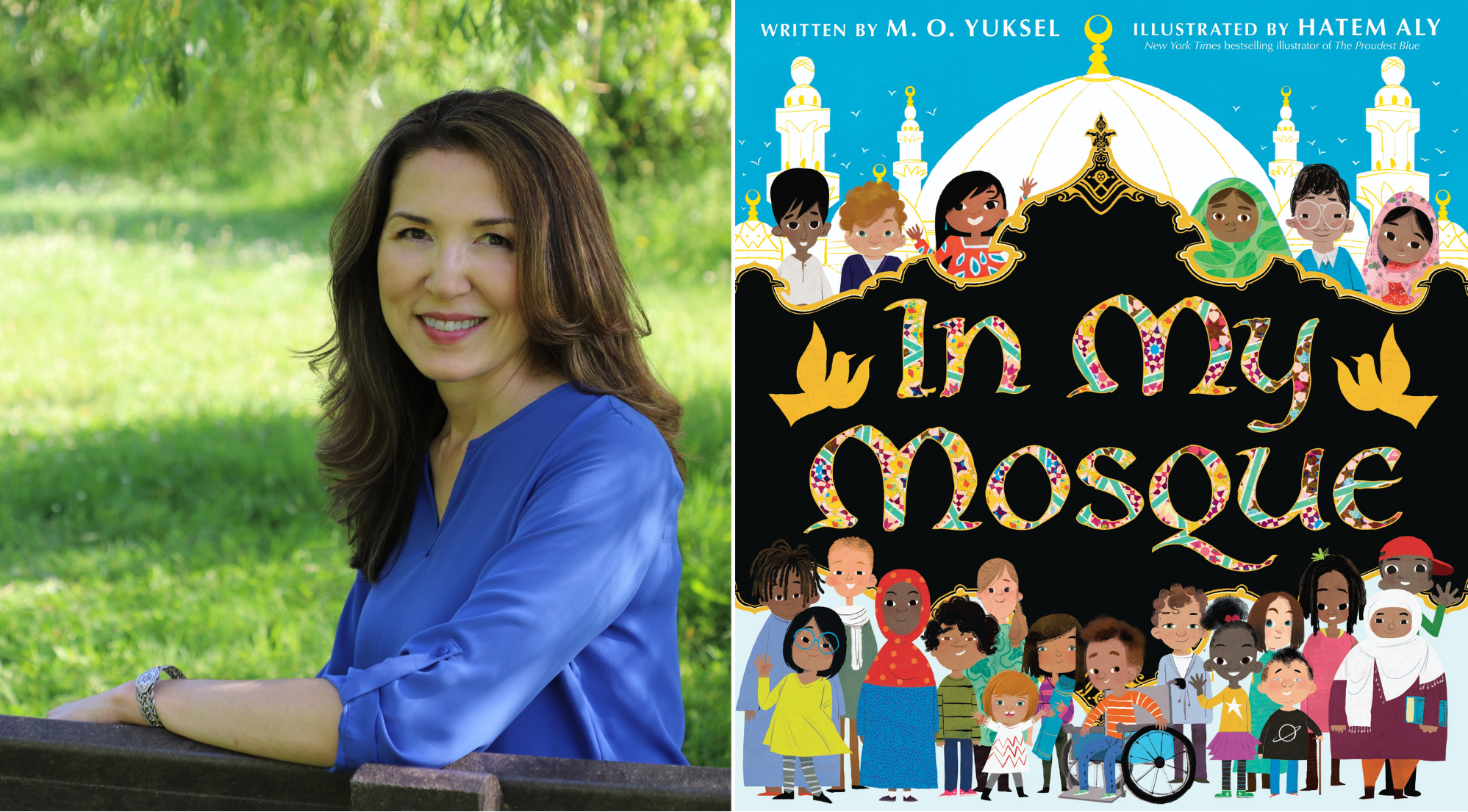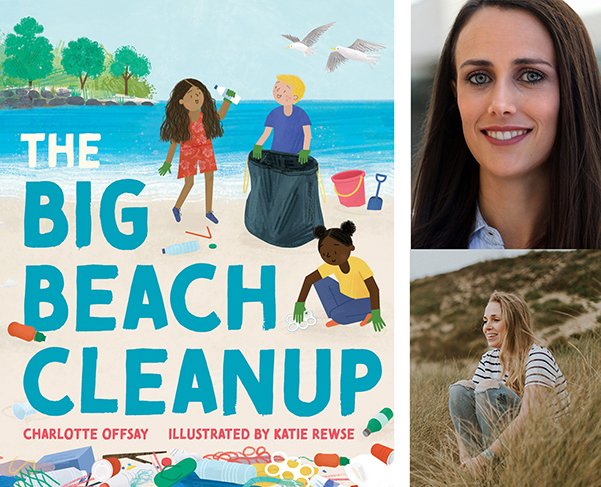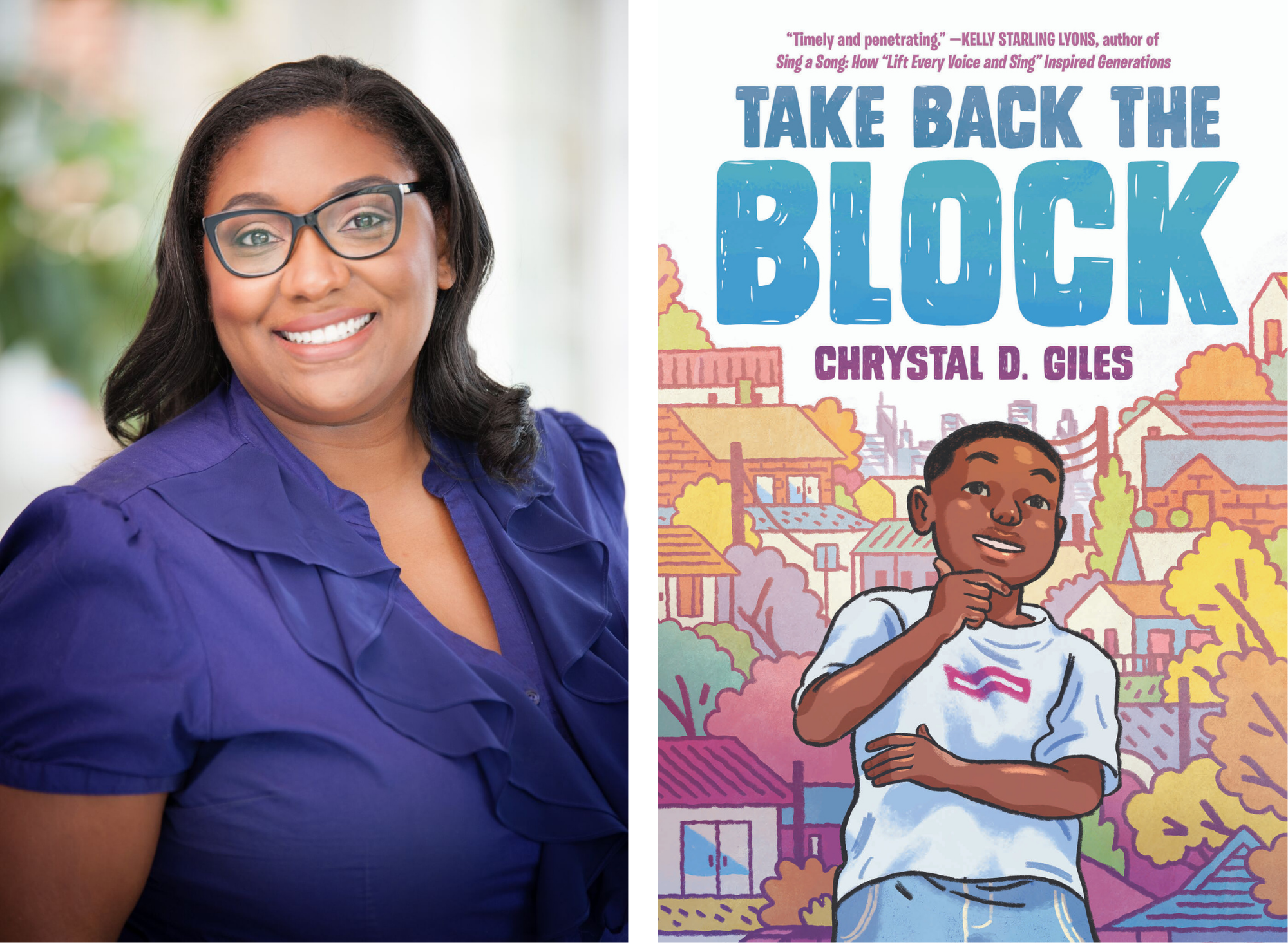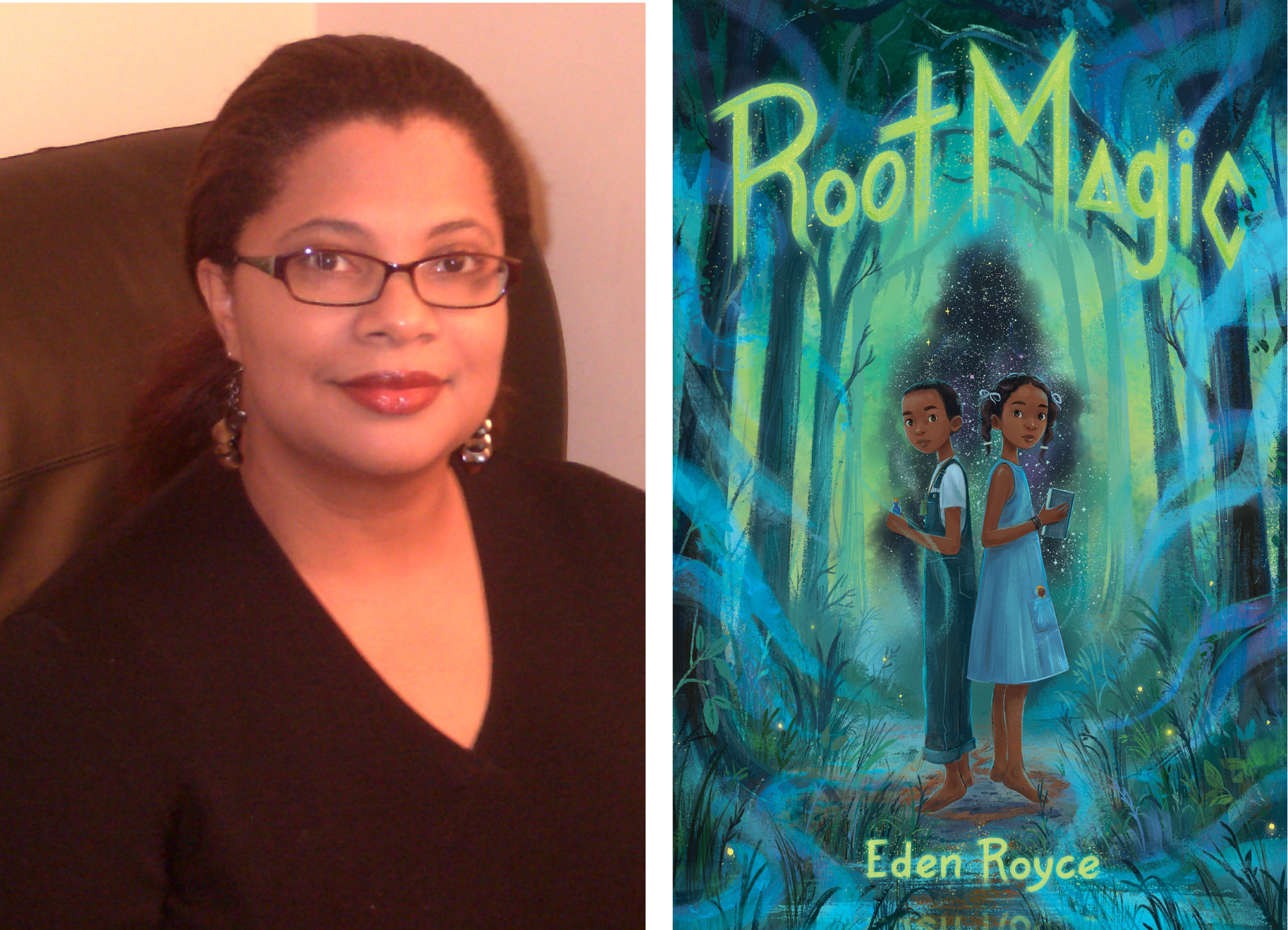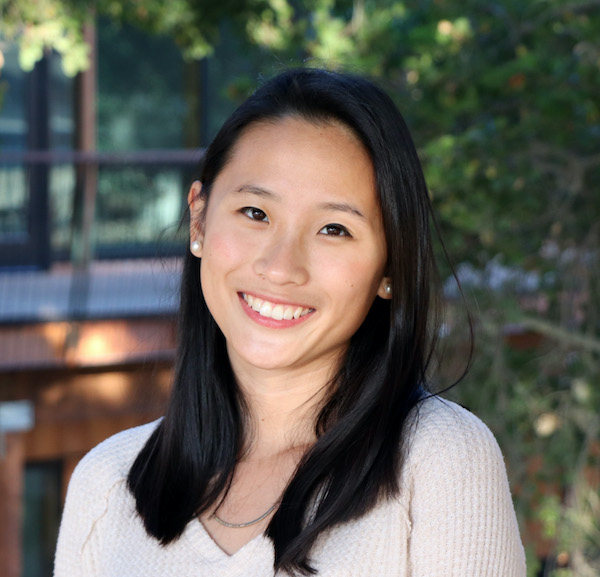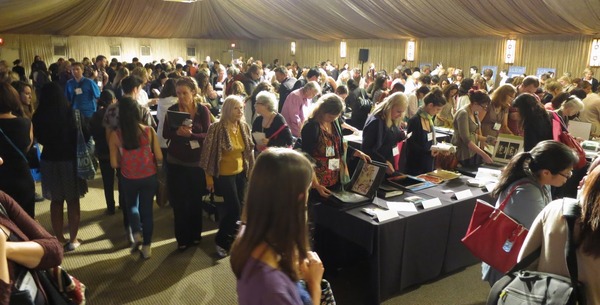 I've been a fan of Jo Knowles ever since reading Lessons From A Dead Girl and even more so after See You At Harry’s (Candlewick, 2012) plus I love her fun and positive tweets from @JoKnowles on Twitter. I've also heard great things about Jo's Pearl and Jumping Off Swings, so am looking forward to reading those next!
I've been a fan of Jo Knowles ever since reading Lessons From A Dead Girl and even more so after See You At Harry’s (Candlewick, 2012) plus I love her fun and positive tweets from @JoKnowles on Twitter. I've also heard great things about Jo's Pearl and Jumping Off Swings, so am looking forward to reading those next!
Jo has a master’s degree in children’s literature and taught writing for children in the MFA program at Simmons College for several years. Some of her awards include a New York Times Notable Book of 2012, Amazon's Best Middle Grade Books of 2012, An International Reading Association Favorite 2012 Book, an SCBWI Crystal Kite Award, the PEN New England Children's Book Discovery Award, and YALSA's Best Fiction for Young Adults. Jo lives in Vermont with her husband and son. Her next book, Living With Jackie Chan, a companion to Jumping Off Swings, will be available September 2013.

Q: What's your writing process? What was your writing process for SEE YOU AT HARRY'S?
So far for all of my books, I've just started writing and discovered the book as I went. Not surprisingly, my first drafts are big messes. After I clean things up a bit and have a basic rough draft, I create a storyboard to help me get organized and figure out the themes, plot and rhythm of the book.
 Storyboard from Jumping Off Swings.
Storyboard from Jumping Off Swings.
The storyboard process I use I learned at a workshop with Carolyn Coman. Basically, you get a sheet of paper that's large enough to fit enough squares to represent each chapter of the book. Then you follow these steps:
1. Think of a scene with the strongest image that best represents that chapter. Draw it as best you can in the first box.
 Part of a storyboard series from READ BETWEEN THE LINES, Jo's newest project.
Part of a storyboard series from READ BETWEEN THE LINES, Jo's newest project.
2. Write a very brief phrase that describes the point of that chapter and write it in the bottom of the box.
3. Think of the strongest emotion conveyed in the chapter and write it at the top of the box.
Repeat for each chapter, one per box.
 Part of a storyboard series from READ BETWEEN THE LINES, Jo's newest project.
Part of a storyboard series from READ BETWEEN THE LINES, Jo's newest project.
This leaves you with a big visual that illustrates the movement of the book both actively and emotionally.
 Part of a storyboard series from READ BETWEEN THE LINES, Jo's newest project.
Part of a storyboard series from READ BETWEEN THE LINES, Jo's newest project.
Since my books tend to be less action driven and more emotionally driven, seeing the book this way is a big help. I can see the spikes of emotion and how they play out in the text, and where I need to insert more or less action, or emotional peeks.
Seeing the images also helps me to think about how stagnant certain chapters or groups of chapters might be, and helps me pinpoint where I need to move my character around more. (For example, in PEARL, Bean spent way too much time on the roof, which was her place to escape. I don't know that I would have realized this if I hadn't drawn a storyboard and had that visual.)
Q: What advice do you have for aspiring writers?
Remember that getting published is not a race. I recently read a blog post by someone who had taken three years to sell her first book, referring to her journey as "The Long Road to Publication." Long road? Three years?? Oh my.
In reality, I think the average time it takes most people going the traditional publishing route is more like ten. I think people tend to measure success on how quickly they can sell their first book. This is a shame because speed has nothing to do with it. I think longevity AFTER you sell your book would be a better marker.
 Childhood restaurant that inspired Harry's in SEE YOU AT HARRY'S.If you want to be an author, you need to take time to learn the craft and learn it well. Read a thousand picture books. Study the rhythms of your favorites. Type out the text and close- read it without the pictures. Pay attention to the types of details that are in the text versus the ones that are implied or easily and more effectively shown in the illustrations.
Childhood restaurant that inspired Harry's in SEE YOU AT HARRY'S.If you want to be an author, you need to take time to learn the craft and learn it well. Read a thousand picture books. Study the rhythms of your favorites. Type out the text and close- read it without the pictures. Pay attention to the types of details that are in the text versus the ones that are implied or easily and more effectively shown in the illustrations.
The next step is to learn how to revise. To learn how to listen to feedback and make the best use of it. I can't tell you how many aspiring writers I've met who have told me they didn't want feedback because they felt their work was as polished as it could get. But they hadn't shared it with anyone but family members!
One of the hard lessons I learned when I first started out was that I really didn't understand what revision meant. When an editor suggested a revision without a contract, I happily addressed the changes she proposed, but not to the degree I should have. I tweaked, I didn't revise. There is a very big difference.
Revising is rewriting. Not rearranging. Not fixing typos. Not deleting a sentence here and there. That’s what you do at the copyediting stage. Better to learn this with critique partners guiding you than with an editor who doesn’t have the time or patience to teach you him- or herself.
There is just so much to learn and so many early mistakes to be made when you're first starting out. It's worth it to take your time and get lots of feedback from other writers (and make those mistakes with them, not an agent or editor). Not only that, you will develop some wonderful relationships and create a community–a support network–which will be invaluable when you DO start submitting.
I am as impatient as the next person, but for new writers, I can't emphasize this enough: Please don't treat the time it takes you to get published as a race, or measure your journey against someone else's and use that as a marker for success and failure. Instead, think of your journey to publication as a travel experience to savor. The more you learn, the more people you connect with, the better prepared you will be for your final destination. And the more people you will have to celebrate your success with!
Q. What are you working on now? Any other upcoming events or other info you'd like to share?
I'm currently working on two projects. One is a contemporary YA novel called READ BETWEEN THE LINES. After writing JUMPING OFF SWINGS I swore I'd never write another book with multiple points of view, so naturally this book has ten. It's kind of a "day in the life" sort of story about how each character's actions affect the next. While I wait for my editor's comments on that, I've started a humorous middle grade/tween novel tentatively called FROM THE COMPLAINT BOX, about a boy who goes to a funky independent school and the adventures/mischief he gets into with his two best friends. When I told my agent I was writing something funny he said, "That's how you described SEE YOU AT HARRY'S and it made everyone weep!" So, he's suspicious. We'll see!
Where can find out more about Jo Knowles:
Jo Knowles website - Jo Knowles blog - Twitter (@JoKnowles) - Facebook
SEE YOU AT HARRY'S book page
TWEETABLES:
Don't compare w/someone else's progress as your success/fail marker. Savor the journey. @JoKnowles bit.ly/11UDU4K (Tweet this)
Writers: Remember that getting published is not a race. - @JoKnowles: bit.ly/11UDU4K (Tweet this)
==========
Also see other Inkygirl Interviews.






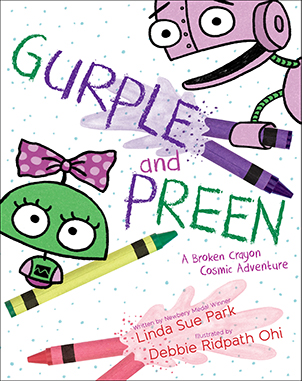
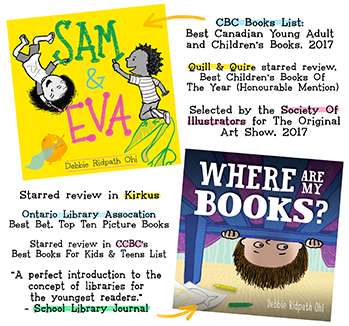



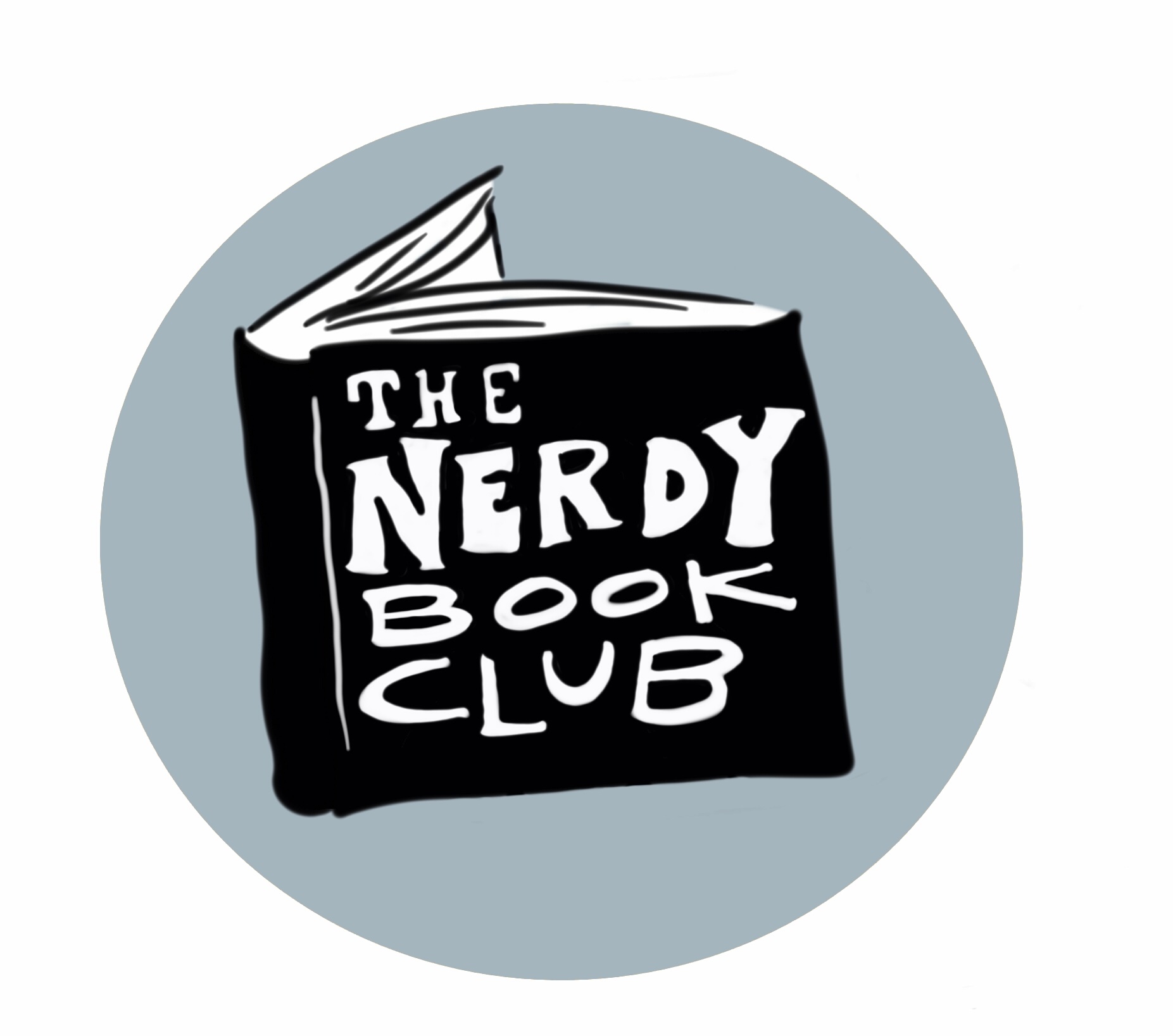

 Wednesday, July 7, 2021 at 12:17 PM
Wednesday, July 7, 2021 at 12:17 PM